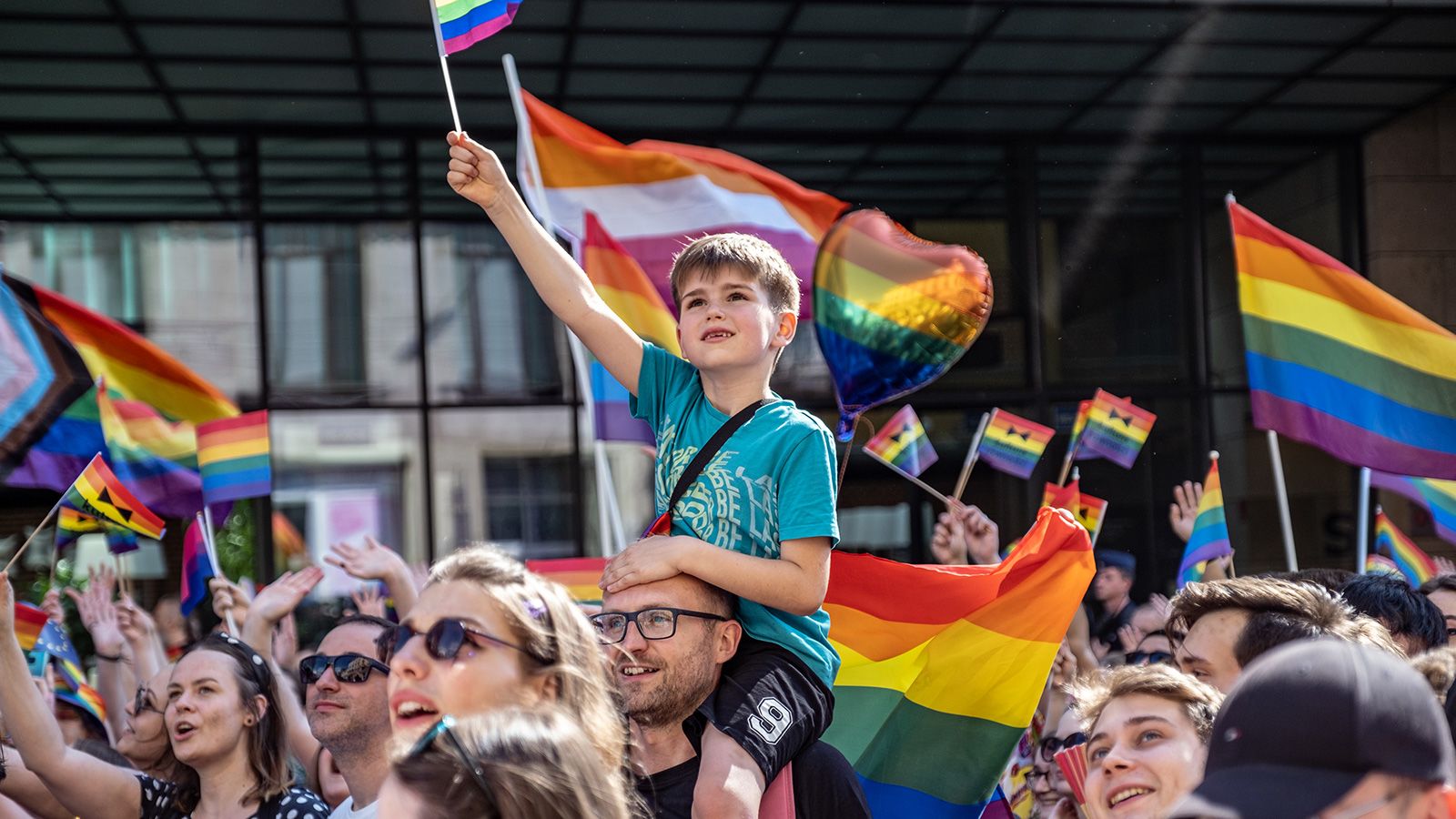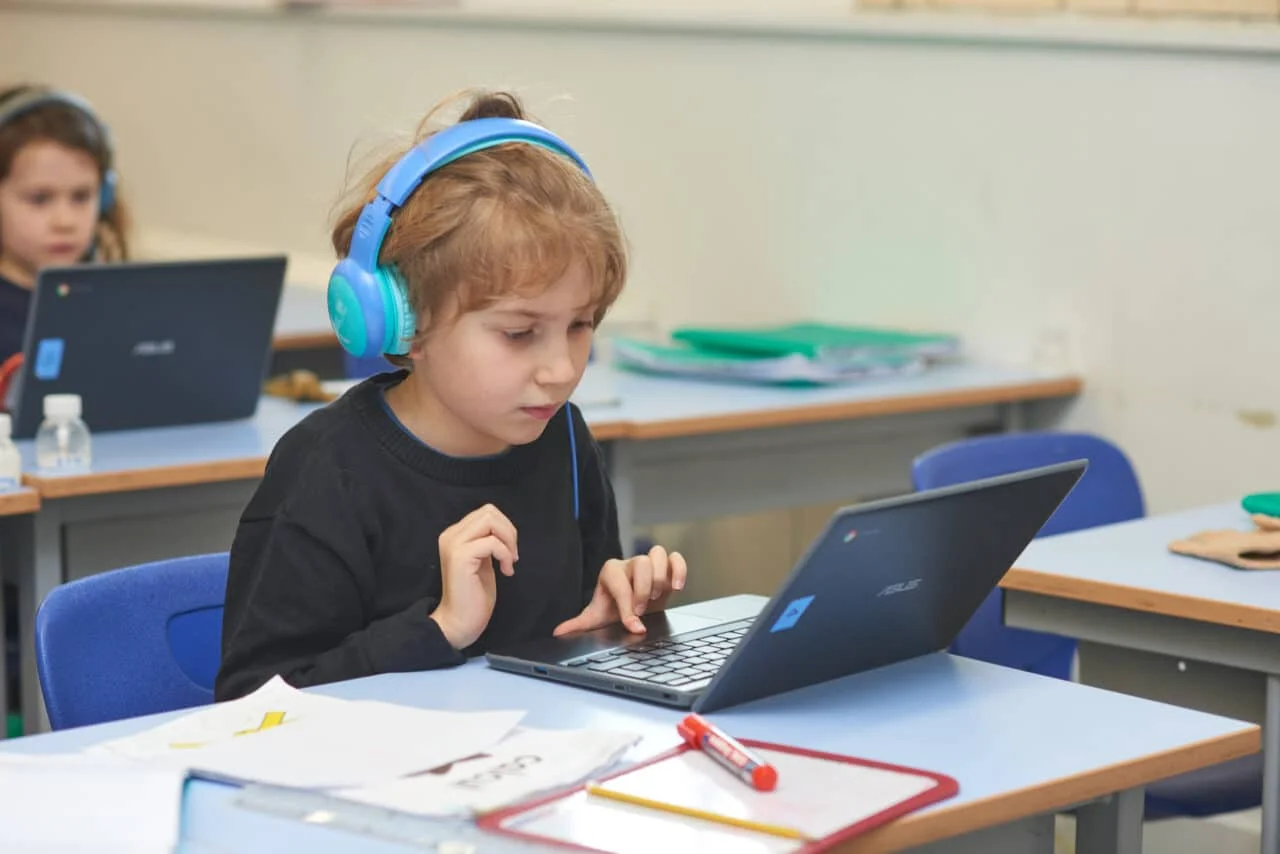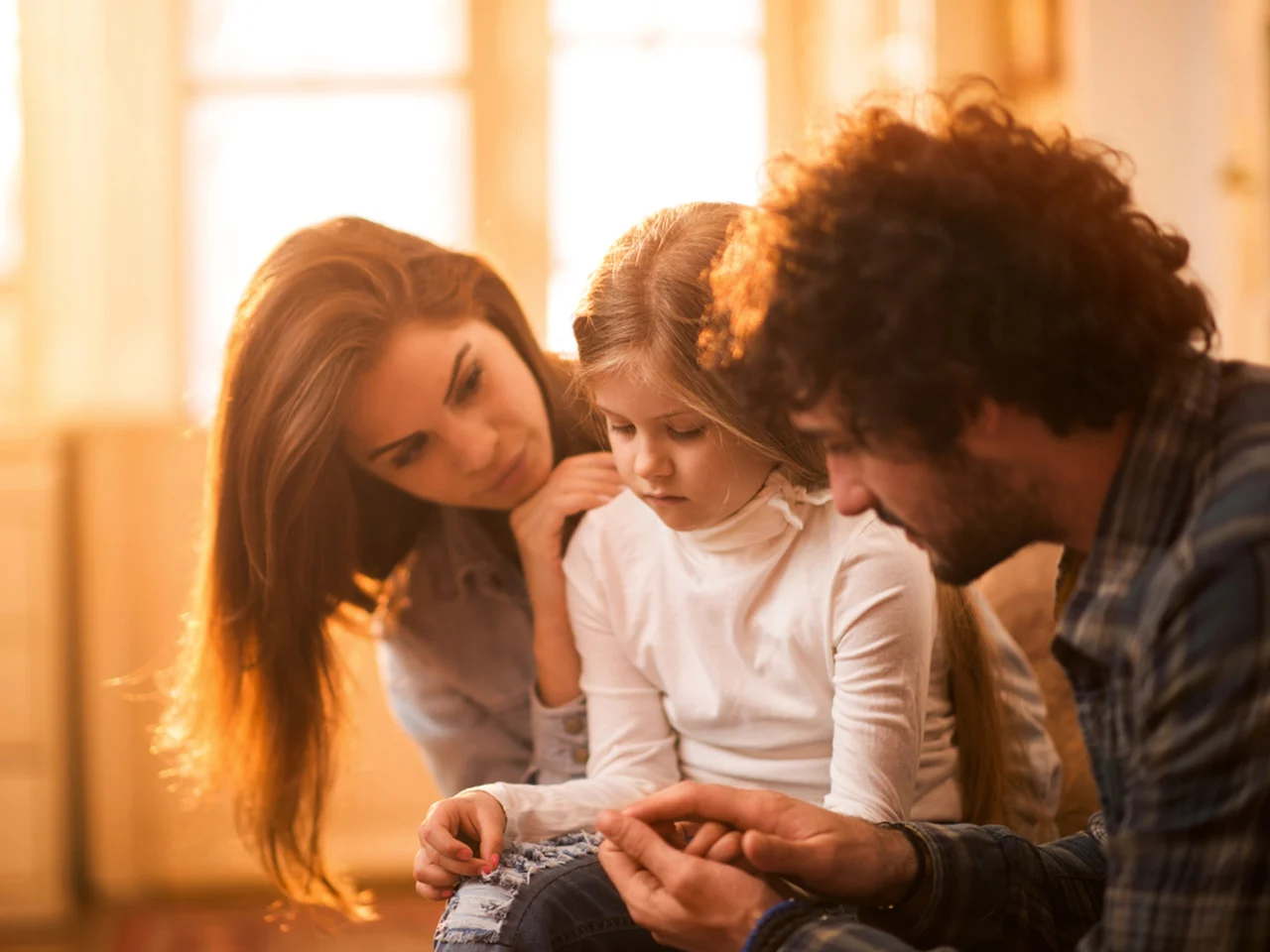Why Should We Discuss Lgbtq+ Rights With Kids?
Talking about LGBTQ+ rights with kids is crucial for building empathy, respect, and a more inclusive society. By discussing these topics, you help children understand diverse experiences, foster acceptance, and promote understanding of different identities. Encouraging open conversations creates safe spaces where everyone feels welcomed and valued. Teaching kids early on about equality and diversity empowers them to advocate for justice and fairness. Embracing these discussions not only benefits LGBTQ+ individuals but also leads to a more compassionate and supportive community. Start the conversation today to nurture a future filled with empathy and acceptance.
Key Takeaways
- Encourages empathy and understanding of diverse identities.
- Builds a foundation of acceptance and respect for all.
- Cultivates inclusive environments and challenges discrimination.
- Shapes a more accepting society for future generations.
- Empowers kids to advocate for equality and social justice.
Promoting Empathy and Understanding

To promote empathy and understanding when discussing LGBTQ+ rights with kids, it’s important to approach the topic with an open mind and willingness to listen. By engaging in conversations that focus on empathy building and understanding development, you can help children cultivate compassion and broaden their perspectives.
Encouraging empathy involves helping kids recognize and understand the feelings and experiences of others, including those in the LGBTQ+ community. This can be achieved by sharing stories that highlight diverse experiences and emotions, fostering a sense of connection and shared humanity. Through these discussions, children can learn to appreciate the challenges faced by LGBTQ+ individuals and develop a greater understanding of their struggles and triumphs.
Compassion cultivation is another essential aspect of promoting empathy and understanding. By encouraging kids to show kindness and support towards LGBTQ+ individuals, you’re fostering a culture of inclusivity and acceptance. This helps children see beyond differences and embrace the richness of diversity, ultimately leading to a more compassionate and empathetic society.
Developing Acceptance and Respect
Fostering a culture of acceptance and respect is essential when discussing LGBTQ+ rights with kids. Empathy education plays an important role in helping children understand and relate to individuals who may identify differently from them. By teaching kids to empathize with others’ experiences, they can develop a deeper understanding of the challenges faced by LGBTQ+ individuals.
Respect training is equally significant, as it instills the values of treating everyone with kindness and dignity, regardless of their sexual orientation or gender identity.
Encouraging acceptance and respect from a young age can have a lasting impact on how children perceive and interact with the LGBTQ+ community. It lays the foundation for a more inclusive and understanding society.
Emphasizing the importance of respecting everyone’s right to be themselves helps create a safer and more supportive environment for all individuals, regardless of their sexual orientation or gender identity. By nurturing these values in children, we can work towards building a more compassionate and accepting future for everyone.
Creating Inclusive Environments for All
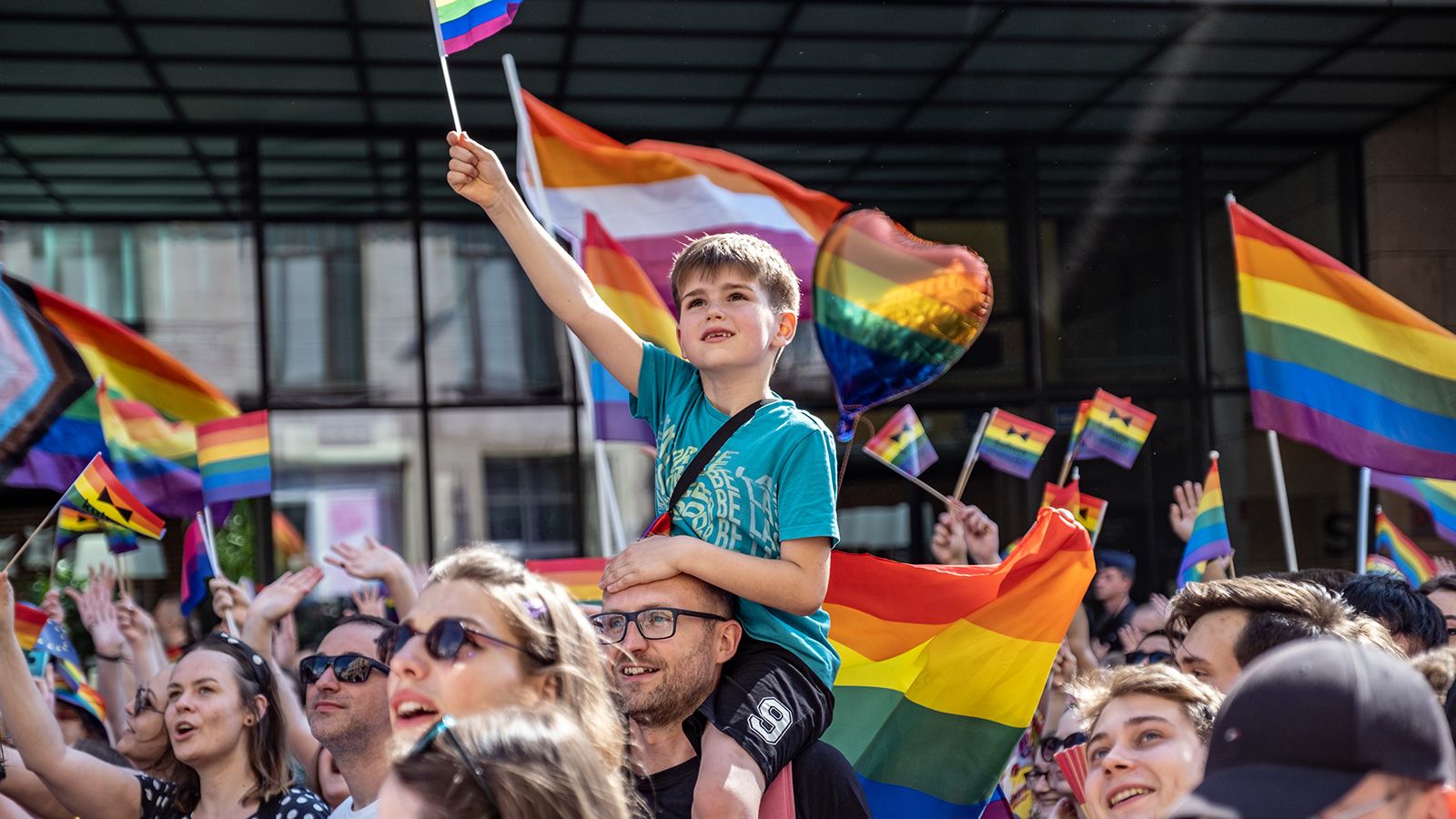
Encouraging inclusive environments for all individuals, regardless of their sexual orientation or gender identity, is essential to fostering a sense of belonging and respect within communities. Creating safe spaces where everyone feels accepted and valued is paramount for promoting understanding and empathy.
Open dialogue plays an important role in building these inclusive environments. By openly discussing LGBTQ+ rights and issues, we can educate ourselves and others, break down stereotypes, and challenge discrimination.
Inclusive environments benefit everyone. They promote diversity, increase awareness, and create a sense of unity among individuals from different backgrounds. When everyone feels respected and included, it enhances overall well-being and productivity.
By fostering safe spaces where individuals can express themselves without fear of judgment, we cultivate a culture of acceptance and support.
Remember that inclusivity is a continuous journey. It requires active participation, empathy, and a willingness to learn from one another. By prioritizing open dialogue and creating safe spaces, we can work towards a more inclusive and welcoming society for all.
Fostering a More Accepting Society
Creating a more accepting society requires genuine efforts to understand and support individuals of all sexual orientations and gender identities. Open dialogue is essential in fostering empathy and breaking down barriers that prevent acceptance.
By engaging in conversations about LGBTQ+ rights, you can help create a safe space where everyone feels respected and valued.
Teaching tolerance is a fundamental aspect of building a more inclusive society. It means educating ourselves and others about the diverse experiences and challenges faced by the LGBTQ+ community.
Encouraging empathy and understanding towards individuals who may have different sexual orientations or gender identities is key to promoting acceptance.
Supporting Future Generations
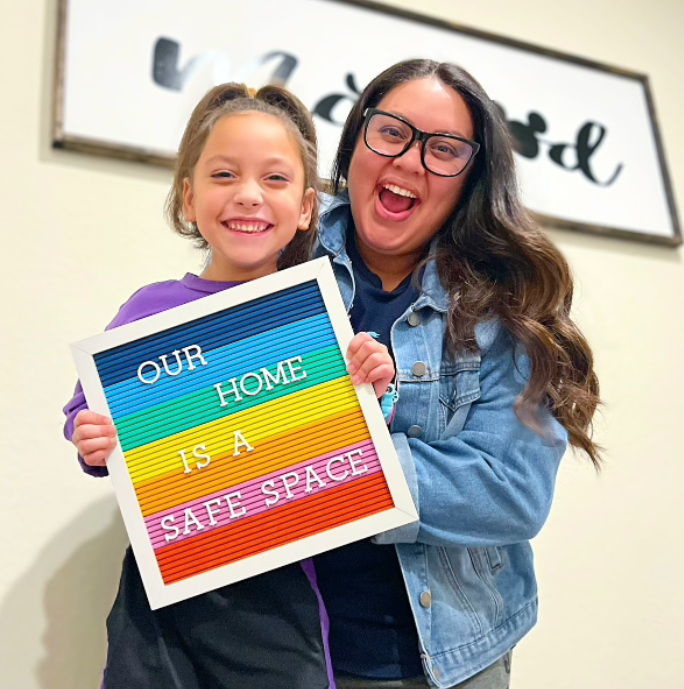
Supporting the next generation in understanding and championing LGBTQ+ rights is vital for creating a more inclusive and accepting society. By raising awareness among children and teenagers about the importance of LGBTQ+ rights, we can help build a future where everyone is respected and valued for who they are. It’s essential to start conversations early on, teaching young minds about diversity, equality, and the significance of standing up for those who may face discrimination.
As adults, we play a significant role in shaping the beliefs and attitudes of the next generation. By openly discussing LGBTQ+ issues, we can help children develop empathy, compassion, and a sense of social responsibility. Building bridges between different communities starts with educating our youth about the struggles faced by LGBTQ+ individuals and the power of acceptance and inclusivity.
Together, we can create a world where everyone feels safe, supported, and embraced, regardless of their sexual orientation or gender identity. Let’s empower our children to be advocates for equality and justice, ensuring a brighter and more harmonious future for all.
Frequently Asked Questions
How Can Parents Address Their Own Biases When Discussing Lgbtq+ Rights?
When discussing LGBTQ+ rights with your kids, it’s important to recognize and address your biases. Promote understanding by reflecting on your beliefs, seeking diverse perspectives, and being open to growth. This sets a positive example for your children.
What Resources Are Available for Educators to Teach About Lgbtq+ Issues?
You can explore various resources to teach about LGBTQ+ issues. Online modules and workshops offer in-depth learning, while educational videos and podcasts provide engaging content. These tools can help you create an inclusive environment for your students.
Are There Specific Ways to Support Lgbtq+ Youth in School Settings?
Creating supportive environments for LGBTQ+ youth in schools involves fostering acceptance, respect, and safety. Implementing an inclusive curriculum that acknowledges diverse identities helps students feel valued and understood, promoting a culture of empathy and equality.
How Can Policymakers Advocate for Lgbtq+ Rights in Legislation?
To advocate for LGBTQ+ rights in legislation, policymakers can use advocacy strategies like building coalitions, lobbying, and educating colleagues. These efforts can lead to policy changes that protect and support the LGBTQ+ community.
What Role Can Media and Popular Culture Play in Promoting Lgbtq+ Acceptance?
Media representation and cultural influence shape attitudes towards LGBTQ+ individuals. By showcasing diverse and inclusive portrayals, media can foster acceptance and understanding. Popular culture has the power to challenge stereotypes and promote equality, influencing societal norms positively.
Conclusion
By discussing LGBTQ+ rights with kids, you’re helping to promote empathy, acceptance, and inclusivity. These conversations are essential in fostering a more understanding and respectful society for all individuals.
By starting these discussions early, you’re supporting future generations in creating a world where everyone is valued and accepted for who they are.
Keep the dialogue open and continue to educate and empower the next generation to make a difference.

Hey there! 👋 I’m a proud mom and passionate writer, sharing my parenting journey. 📝 Join me as I navigate the ups and downs of motherhood, offering tips, advice, and a sprinkle of humor along the way. 🌟

